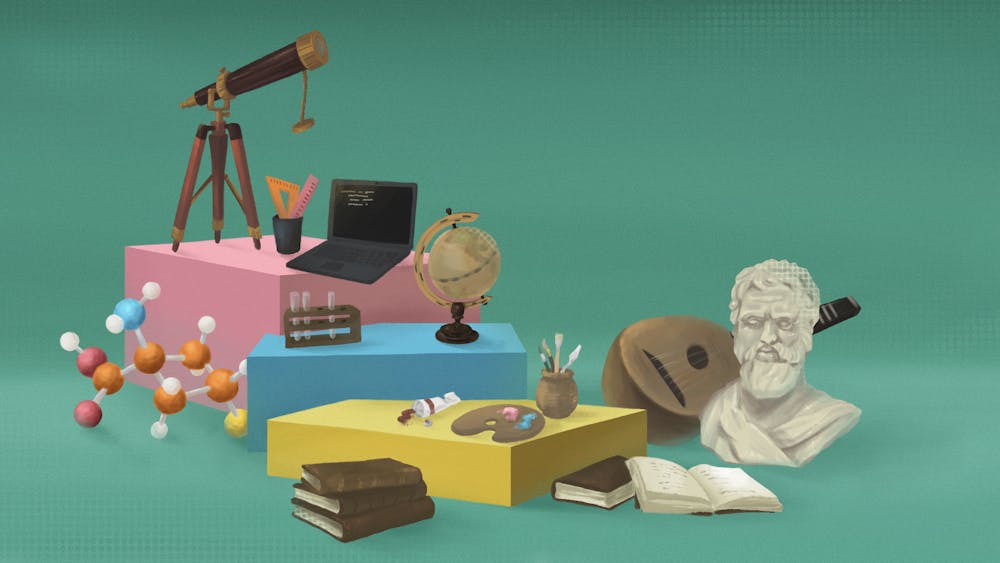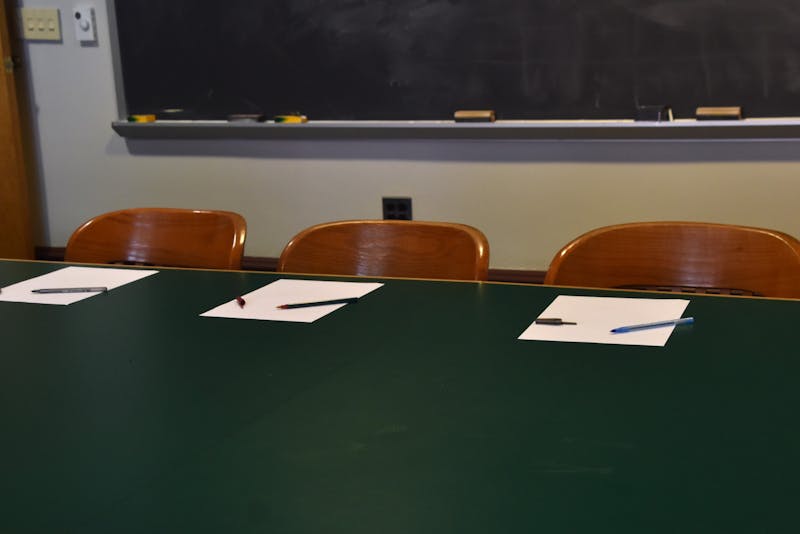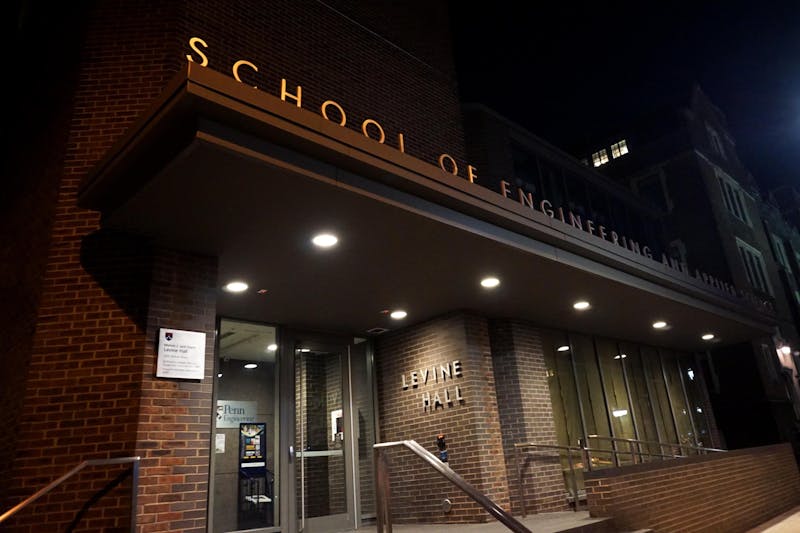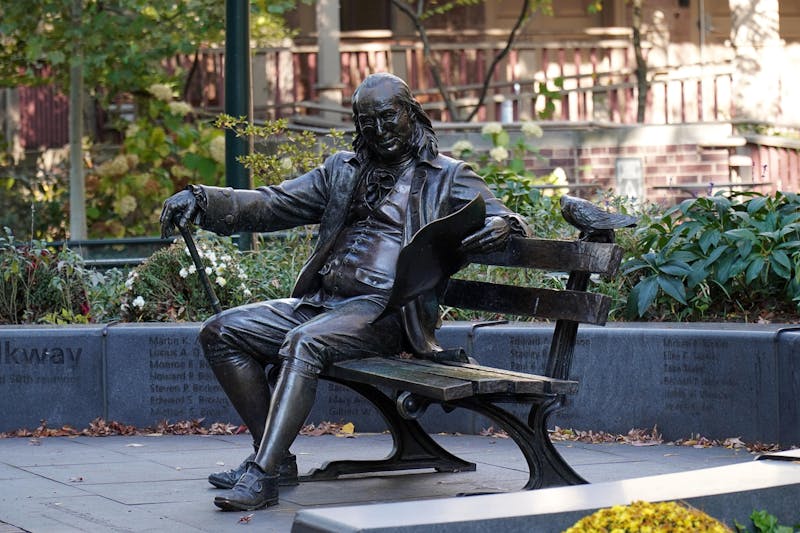
“Have fun being unemployed.”
“It is not important to society.”
“I have so much more work than you.”
“Your classes are easy.”
As a college student studying history, these are all comments I have received. You do not need to be a humanities major to know that these beliefs exist; just look at social media. Online memes and Instagram reels about STEM majors attacking the liberal arts is a part of pop culture. The field of humanities being in decline recently has helped push an idea that these fields are not needed, important, or conducive to getting jobs. This negative stigmatism couldn’t be more wrong.
STEM majors often argue that their jobs are more important to society and have greater value. It is indisputable that what they study is important, especially in a world where technology is advancing rapidly. That being said, graduates who major in the humanities hold some of the most important jobs in the world.
U.S. presidents including Bush, Biden, and Kennedy, Supreme Court justices like Kagan and Sotomayor, as well as Florida Governor Ron DeSantis, are just a few examples of college history majors. Politics is full of humanities majors, and their decisions have a huge impact on the entire country. Studying humanities does not just lead to a job in politics — there are numerous CEOs and entertainers that have studied history. It goes to show that a humanities education can be applied to so many fields and that our degrees allow us access to fields where our skills are useful.
While some may argue that the humanities are easy, that is simply not true. My classes have little to no room for error. With some requiring a 94% or more to receive an A, a few questions wrong on a midterm or points off a paper can immediately drop me down a letter grade. Last semester, I took a class where the quiz average was a failing grade, and there was no curve. Does this seem so easy now?
Writing long research papers, reading hundreds of pages a night, and having to comprehend ancient writing thoroughly is no easy task. However, I enjoy research and writing, especially on topics I find interesting, which is one reason I appreciate my field of study -- just like a computer science major enjoys coding. Although some argue that the skills I learn are not important, when it comes to reviewing a paper or a cover letter, people love to have humanities majors look over them. We all choose our majors based on what we want to study, not for others.
I am proud to be a history major. I always wanted to study history, and my writing, research, and argumentative skills have all drastically improved since I began college. Penn is home to world-class departments and has some of the best faculty in their respective domains. Every day, I am impressed with the work my history professors have done, and I am lucky to be able to learn from them. Although rankings are subjective and not needed to know that Penn’s history department is world-class, College Factual ranks Penn the third-best history department in the nation. This proves the strength and rigor of the humanities on our campus.
One should not assume that because their field of study is considered more difficult, they could easily pursue any other field of study. For example, just because a quantitative problem set may be considered more difficult than writing a paper, it does not mean that a good engineer is automatically a great writer. Many on our campus are quick to attack Wharton students because they also perceive their work as ‘easier,’ but skills learned in engineering do not necessarily transfer over to finance or accounting, for example.
We must respect all majors! There is no need to bash on other fields of study. You may believe that your major is more important, more difficult, and more time consuming, but why attack others? People may use this to reassure themselves that they are doing more than others, but it does not help anyone.
I believe that my major is important because it helps me understand economic patterns and ideologies that have been effective and ineffective. History encompasses far-reaching aspects of life and many fields of study — it is not just remembering dead guys and dates. Understanding the past has allowed me to understand the story behind current events. Being able to identify biases and fallacies are essential, especially with social media and political speech. I thank my history education for making me a more aware citizen, and I would not change it. The humanities have been taught since the beginning of higher and informal education, and they have survived the ultimate test: the test of time.

ERIC NAJERA is a College sophomore studying history from Rolling Meadows, Ill. His email is najerae@sas.upenn.edu.
The Daily Pennsylvanian is an independent, student-run newspaper. Please consider making a donation to support the coverage that shapes the University. Your generosity ensures a future of strong journalism at Penn.
Donate











